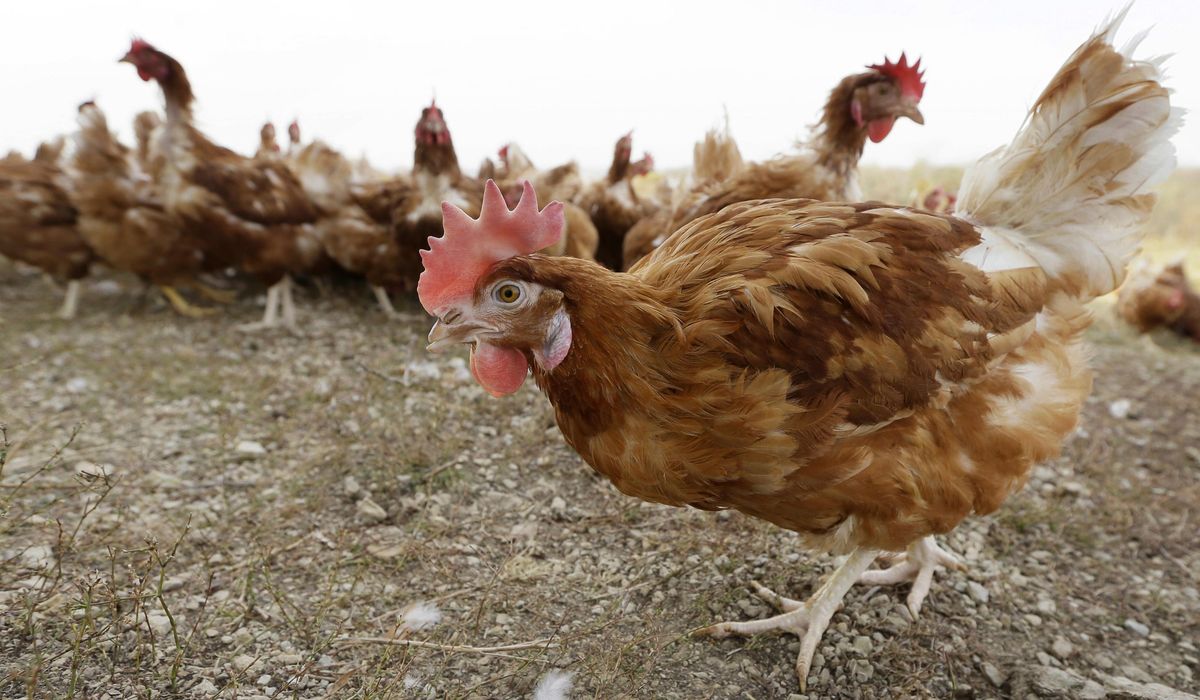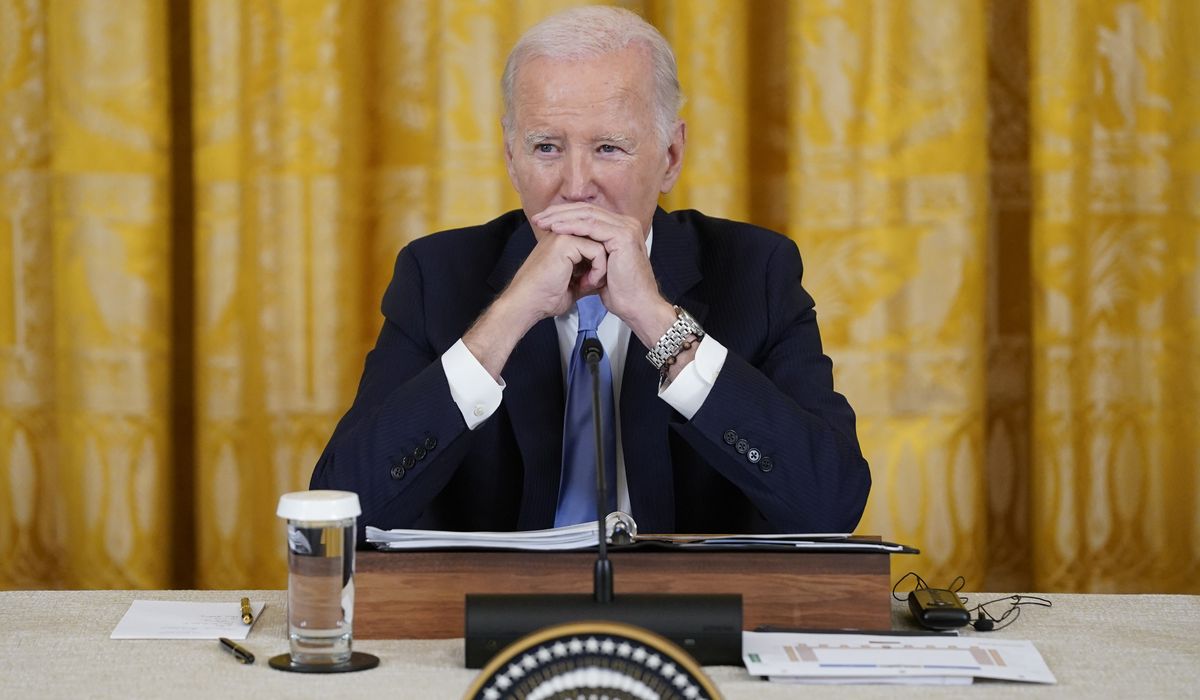1.2 million Chickens to be Euthanized at Iowa Farm with Avian Flu Outbreak
November 12, 2023 | by Kaju

An Iowa egg farm is set to euthanize an additional 1.2 million chickens in response to an outbreak of avian flu, marking the second massive case in the state within a week and bringing the total number of birds killed due to the virus to nearly 63 million.
The Iowa Department of Agriculture and Land Stewardship confirmed the latest bird flu infection at a farm in Taylor County, prompting the state’s governor to declare a disaster to ensure prompt response and resource allocation.
The outbreak, which began early last year, has led to the culling of a significant number of birds, with Iowa being the hardest hit state, having lost over 17 million birds since the onset of the outbreak. Minnesota, Nebraska, Colorado, and South Dakota have also reported substantial losses.
When a case of bird flu is identified, the entire flock is culled to prevent the highly contagious virus from spreading to other farms. The U.S. Department of Agriculture has observed a decrease in the number of wild birds carrying the virus this year, indicating potential development of immunity among some ducks and geese.
Most of the recent cases this fall have been found in Minnesota, South Dakota, and Iowa along the migratory paths followed by ducks and geese as they journey south for winter, leading to an expected uptick in cases. Poultry and egg farmers have implemented strict measures to prevent the virus from reaching their farms, including sanitation protocols for workers and vehicles, as well as using separate tools for each barn.
The losses related to the avian flu outbreak last year contributed to increased egg and poultry prices, but prices have since decreased significantly. Despite the scale of the outbreak, bird flu is not considered a threat to food safety, as affected birds are culled before entering the food supply, and proper cooking eliminates any potential viruses. Human infections are rare and typically occur in individuals with prolonged exposure to sick birds.
RELATED POSTS
View all


